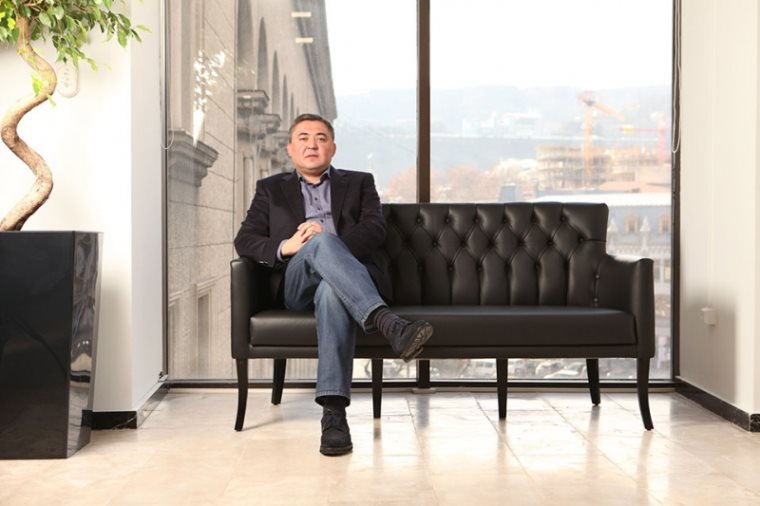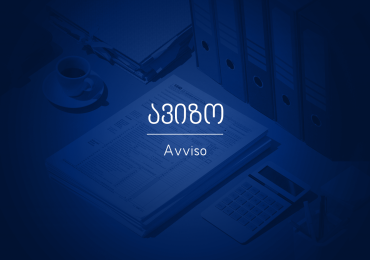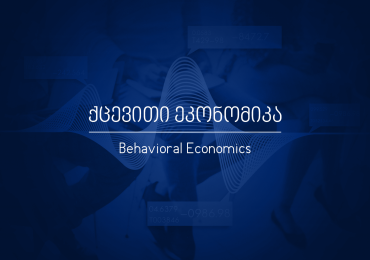A $6.4 million investment in 2016, a 30% increase over the last five years, f770 million into the country’s budget since 2008, and the creation of more than 700 jobs – most of which going to local workers. These are the milestones achieved by Rompetrol Georgia under Kairat Kabilov’s leadership – the fact that Rompetrol fuel is top-of-the-line doesn’t hurt either.
The Rompetrol Group N.V represents of one of the largest oil companies in the Black/ Mediterranean Sea regions. The group owns the highest-producing factory in Romania – Petromedia – located in the city of Năvodari.
Its strategic location on the Black Sea coast allows for the rapid transportation and delivery of oil and petroleum products. The factory processes five-million tons of raw materials annually, making Petromedia an important regional hub.
In addition, the group also controls a second oil processing factory called Vega, which has a 110-year history and processes raw material received from Petromedia. In Europe, Rompetrol owns more than 1,000 petrol stations in countries like Romania, Moldova, Bulgaria and Georgia.
In 2007, the Rompetrol Group was acquired by Kazakhstan’s national oil and gas company, KazMunayGaz. And that’s exactly where Rompetrol Georgia’s General Director, Kairat Kabilov, is from. Before arriving in Georgia, Kabilov was the Vice President of Kazakhstan’s Oil and Gas Ministry. On January 3, 2016, Kabilov officially accepted this new challenge. Since then, he spends his days in Tbilisi working as the General Director of Rompetrol Georgia.
“In 2016, our goal was to develop and improve our petrol station network. In 2016 we rebranded 45 stations, which comprise 60% of our total network,” Kabilov told Forbes Georgia, as he summarized the numbers for the past year, and noted that the plan for 2017 is to improve the network even further.
Kabilov says that continued investment in Georgia is determined by the existing market. For the Kazakh manager, Georgia strikes him as an example of stability, and actively cooperating with European structures requires Kabilov to have his fingers on the pulse of these processes at all times.
Kabilov cautions that neither the market nor the consumer stand still. They await constant innovation from the company, which must adapt to the consumer’s personal requirements. A company that understands these characteristics will be one of the largest contributors to the state budget.
Rompetrol Georgia’s helmsman calculates that between 2008 and 2016, the Romanian fuel importing group brought h770 million into Georgia’s state budget in the form of taxes.
“All of this is the result of growing investment. For example, this past year we opened 13 new stations, on which we spent $2 million. In 2016 alone, the company made investments totaling $6.4 million,” Kabilov says, highlighting Rompetrol’s strong position on the Georgian market. In addition, 20% of imported fuel in Georgia comes from Rompetrol Georgia, and the company’s sales have increased by 30% over the past five years.
This increasing sales indicator is determined by product quality. To test Rompetrol’s product, Petromedia has one of the most advanced laboratories in the world, where they produce Euro-5 standard fuel. After being checked in Romania, the fuel undergoes a quality control process in a laboratory in Batumi as well.
“Even though it’s legal to import lower-quality fuel to Georgia, Rompetrol petrol stations only sell Euro-5 standard fuel,” says Kabilov, underscoring that Rompetrol was the first to introduce the Fill&Go system on the Georgian market.
Rompetrol’s logistical line is efficient and fairly straight forward. First, the fuel is loaded from Petromedia’s reservoirs onto tankers located right on the Black Sea coast. When it arrives at Batumi’s oil terminal it gets distributed throughout the network.
“Because of this system, we have full control over fuel production, loading and unloading, as well as the transportation process,” Kabilov notes.
Logistics, quality assurance, investment, and other various factors determine the product’s worth, which in turn affects the changing oil prices on the global market.
“At the beginning of 2016, the price per barrel of oil was at a record high. Today it’s down to $50/ barrel. Although it may be difficult to believe, oil prices don’t have a strong impact on the Rompetrol Group’s bottom line. This is because the company doesn’t produce oil itself. However, in light of all of this, it’s obvious that oil prices greatly affect all the consumer markets in all of the countries we operate,” explains Kabilov. Georgia doesn’t always fall behind the global market’s changing dynamic. On January 1, 2017, the excise tax on fuel was increased by h250 for a single ton of gasoline and diesel. According to Kabilov, this decision will be reflected in the company’s product price starting from February. He believes before spring, sales will decrease as a result of this. However, because Georgia is a high-tourism country, sales will increase again by the beginning of the summer season. Especially, since the company will offer its customers special offers like discount cards.
As for Rompetrol Georgia and Kabilov’s future plans, 2017 will see a reconstruction of the oil terminal. In addition, with energy giant China CEFC Energy Company purchasing 51% of KazMunayGaz’s (KMG) shares, KMG will receive a three billion dollar investment to improve operations over the next five years.
Part of the agreement will obligate CEFC to carry out joint-projects, and invest in European and Silk Road participating countries in oil refinement and petrol station development.
Rompetrol’s development in Georgia, as Kabilov explains, is further supported by a transparent tax system and a highly competitive market.
“Georgia is a developing market, and one that is constantly changing. This is about the state’s requirements on the rules of the game of the market, and consumer behavior,” Kabilov says.
Kabilov has spent one year working on the Georgian market. And he finds his time working in Georgia very interesting. Today, Rompetrol Georgia is one of the country’s largest employers. Its 700 employees make a positive contribution to the country’s labor market. Most importantly, of these 700 employees, 90% of them are Georgian.
Among the company’s social obligations, Rompetrol Georgia supports the development of Georgian sports, and for the past two years, the company has been the official sponsor of Georgia’s National Weightlifting Federation.
“This cooperation ended with Lasha Talakhadze’s Olympic triumph,” Kabilov proudly states.
დატოვე კომენტარი















